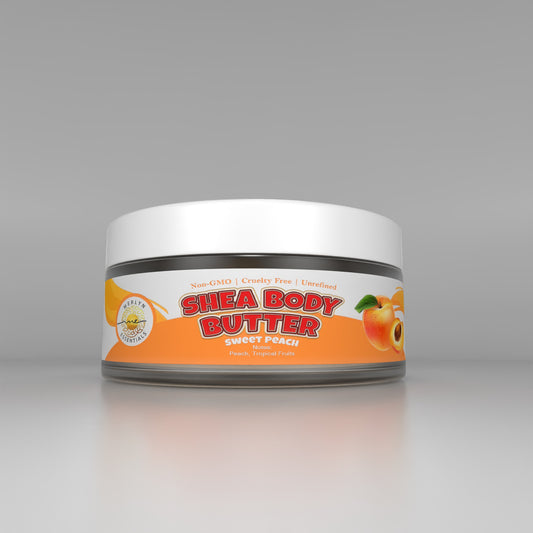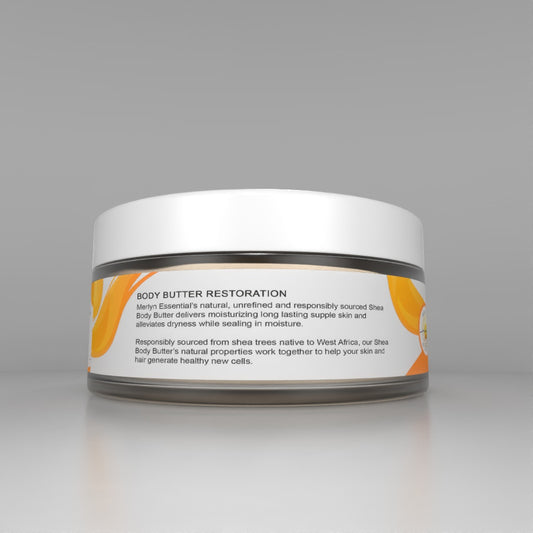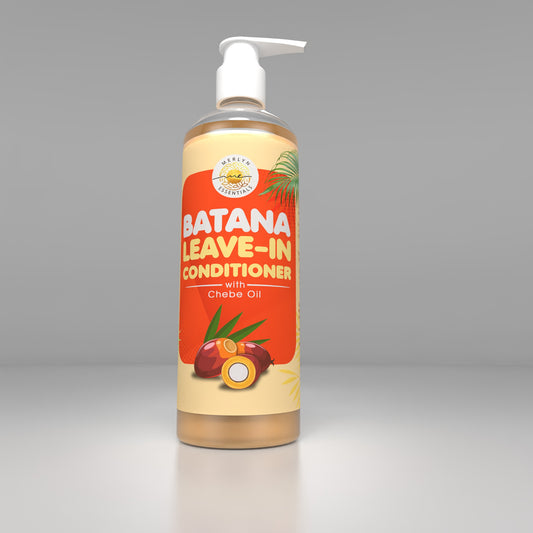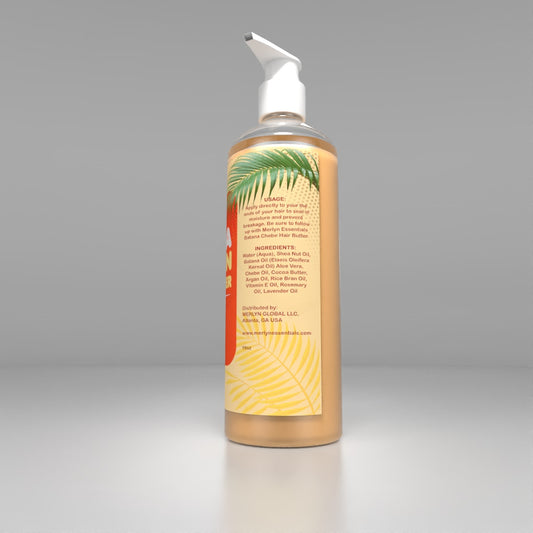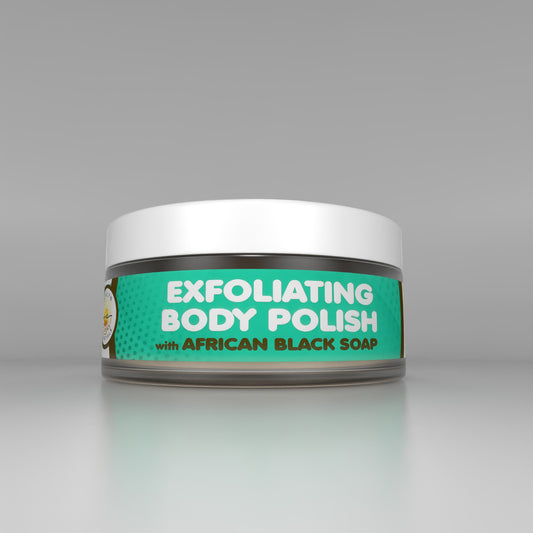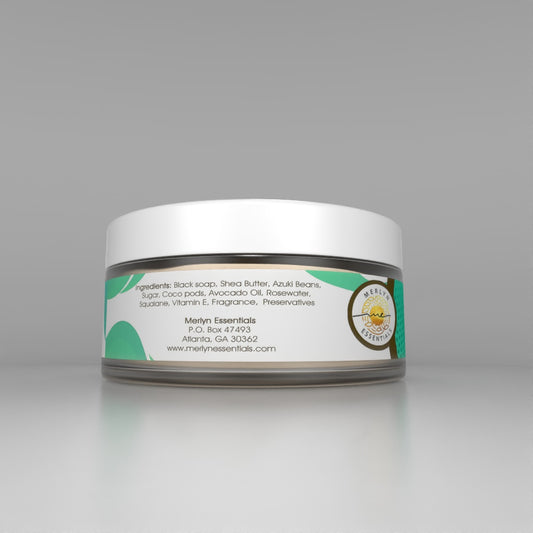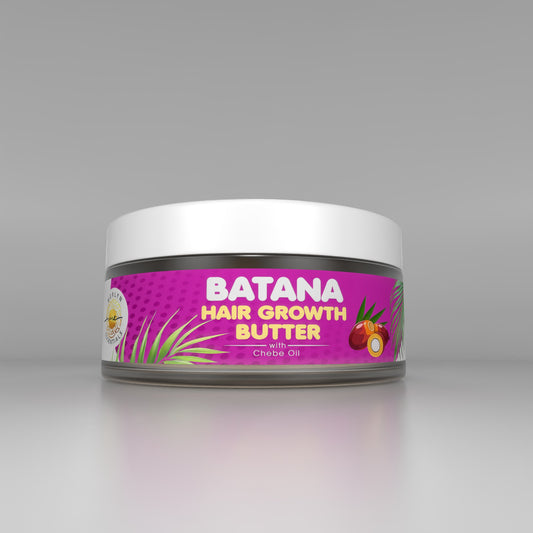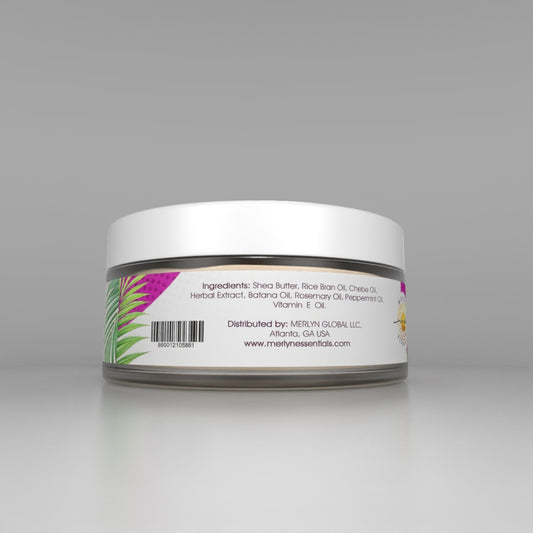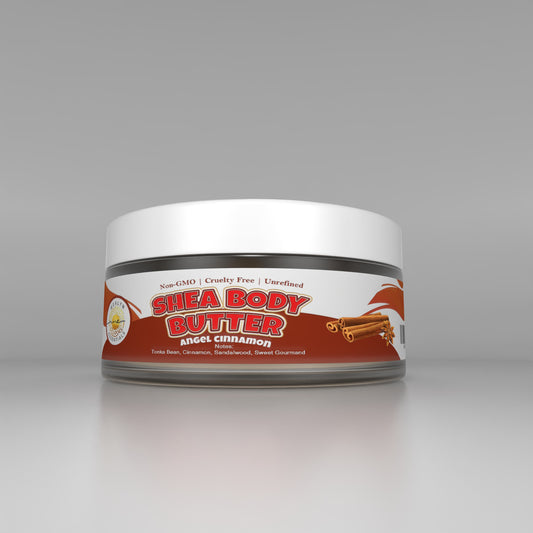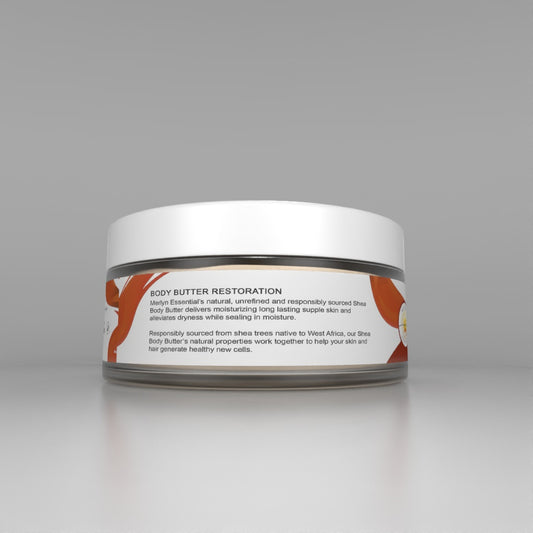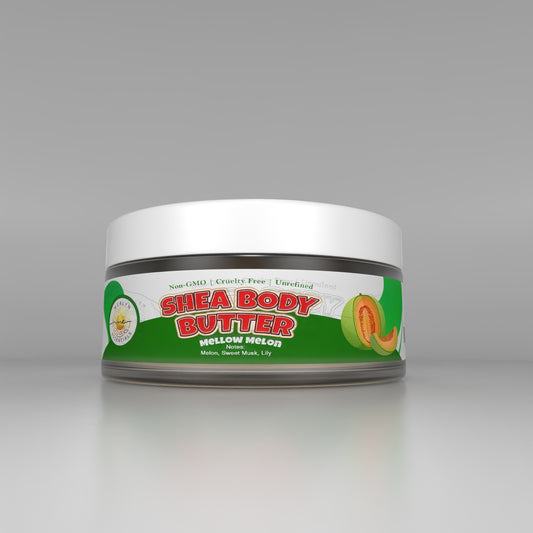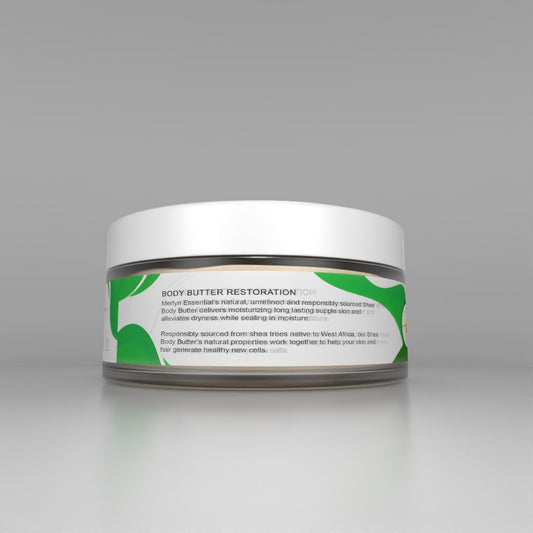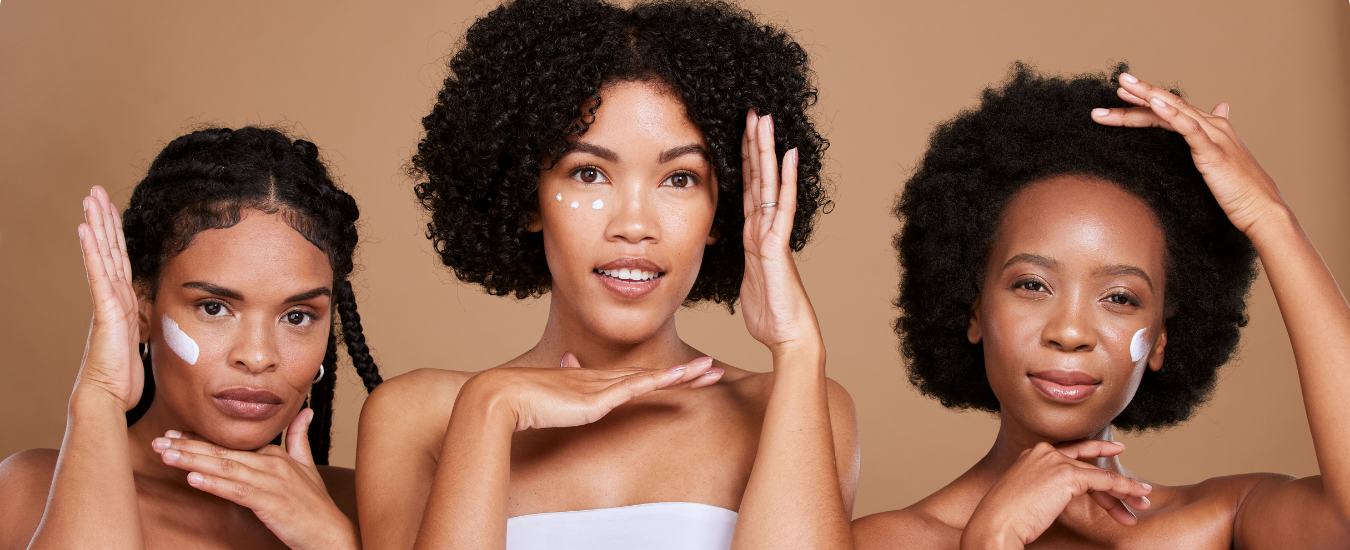
MERLYN ESSENTIALS
BEST SELLING
-
Shea Body Butter with Sweet Peach
Regular price $20.00 USDRegular priceUnit price / per -
Batana Leave-In Conditioner with Chebe Oil
Regular price $24.00 USDRegular priceUnit price / per -
Exfoliating Body Polish with African Black Soap
Regular price $21.00 USDRegular priceUnit price / per -
Batana Hair Growth Butter with Chebe Oil, Hair Growth Treatment
Regular price $19.00 USDRegular priceUnit price / per -
Shea Body Butter with Rosehip Oil Scent-Angel
Regular price $20.00 USDRegular priceUnit price / per -
Shea Body Butter with Rosehip Oil - Mellow Melon Scent
Regular price $20.00 USDRegular priceUnit price / per
1
/
of
6
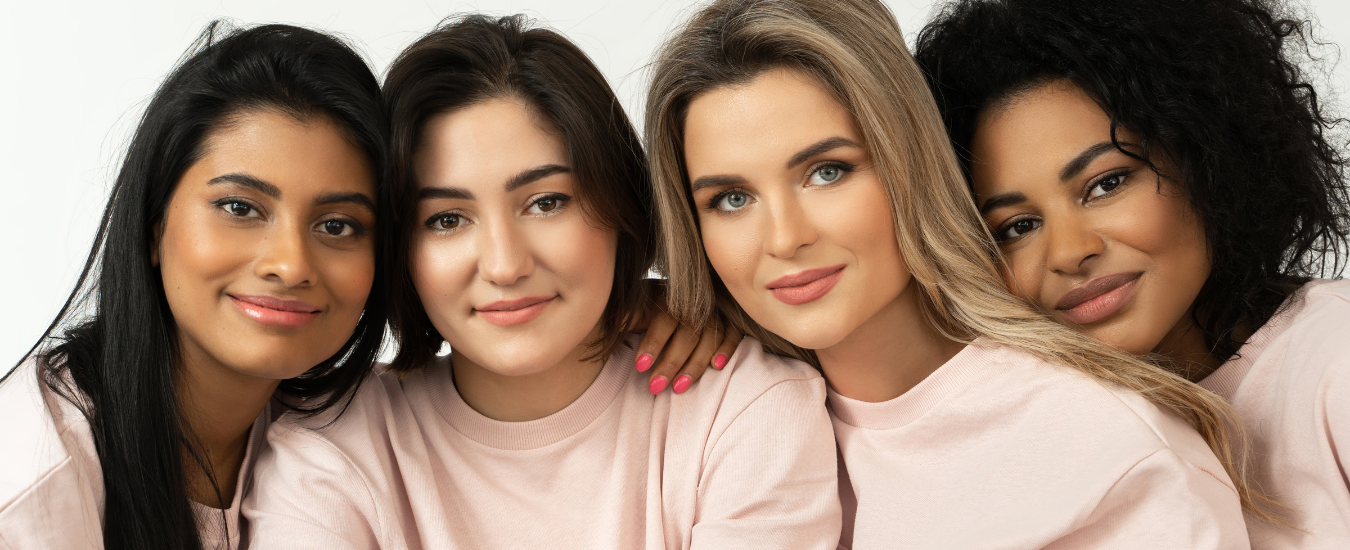
Merlyn Essentials
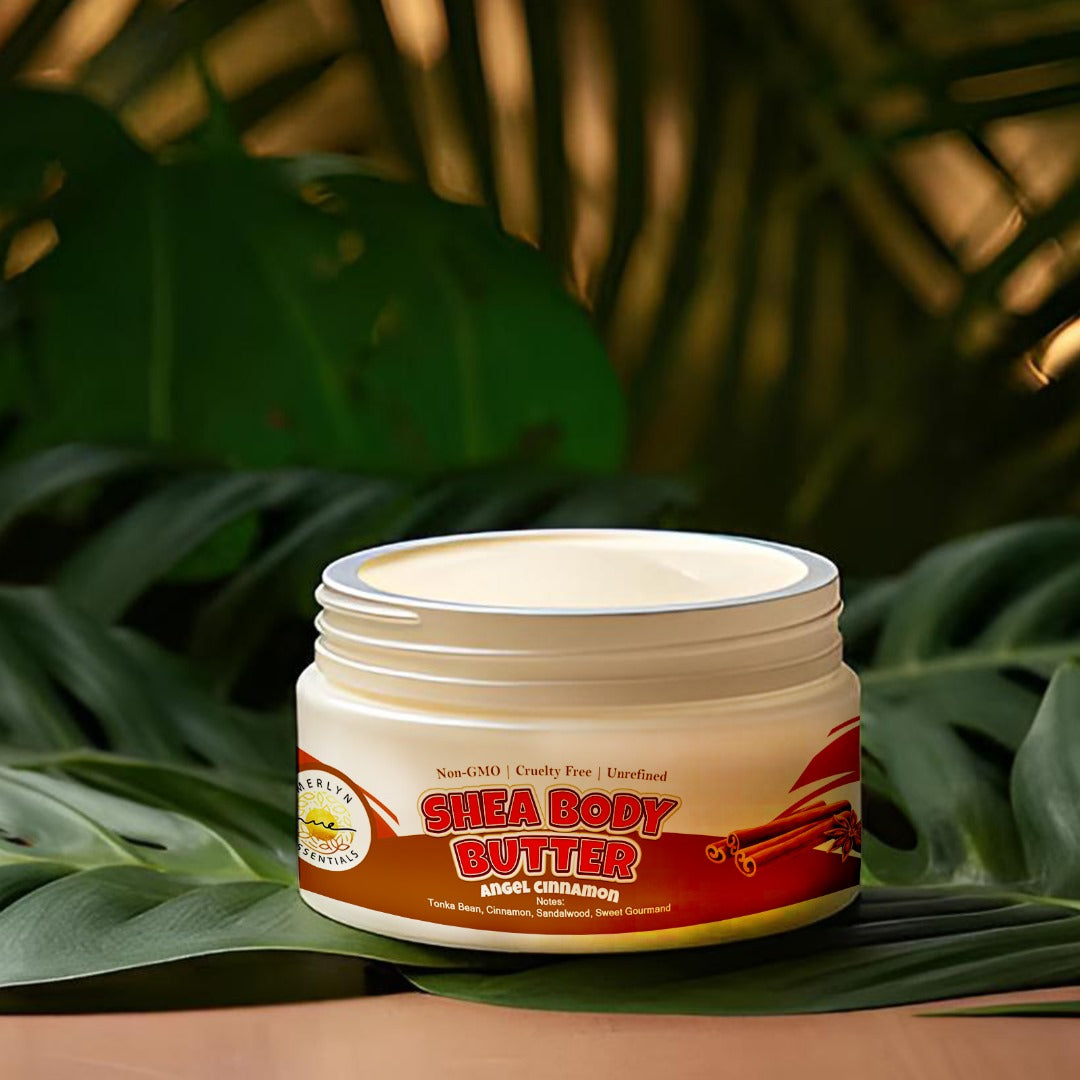
WHO WE ARE?
Growing up, we loved our Nigerian culture and all the natural ingredients my parents used within our home. From camwood, shea butter, ndun, pepper fruit, etc. This helped us to stay grounded in our culture while also embracing the western society. My father particularly was very “Nigerian”, coming from humble begginings, harped on the need to always embrace our culture/community back in Nigeria while also giving back.

